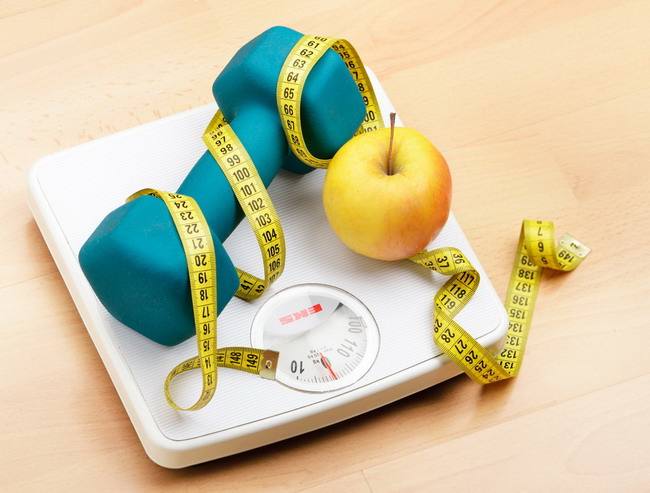Fizzy drinks are indeed a target to quench thirst in the midst of hot weather. However, if consumed in excess, this type of drink can trigger excess weight and various other health problems due to the content in it.
Carbonated water, sweeteners, dyes, and preservatives are ingredients that are generally contained in soft drinks. In fact, some types of soft drinks also contain caffeine and alcohol, although in small amounts.

Over time, the various ingredients in these soft drinks can lead to various health problems. Therefore, it is important to limit its consumption.
Various Health Problems Caused by Fizzy Drinks
The following are some health problems due to excessive or long-term consumption of soft drinks:
1. Stroke and heart attack
Research states that the risk of heart attack and stroke will increase in people who consume soft drinks with high sugar content every day.
This is thought to occur because the habit of consuming soft drinks is associated with increased cholesterol, insulin resistance, and inflammation.
2. Obesity
Fizzy drinks are one of the causes of obesity, especially when consumed in excess. The high sugar in soft drinks is known to cause fat accumulation to cause obesity.
3. Diabetes
The effect of this one soft drink is not good for diabetics. Very high sugar and calories plus the lack of intake of other important nutrients in soft drinks is thought to increase the risk of complications and health problems related to diabetes.
4. Osteoporosis
Some studies suggest that the content of phosphoric acid and caffeine in soft drinks can cause a lack of calcium absorption for bones. As a result, when consumed in large quantities and too often, this can increase the risk of osteoporosis.
5. Damage to brain function
Soft drinks generally have added artificial sweeteners, such as aspartame which contains phenylalanine. If consumed in excess in the long term, it can increase the risk of brain damage, mental retardation, seizures, and other health problems in people with the genetic disorder phenylketonuria.
Blood tests are generally done to detect whether a person has the disorder. Consumption of beverages containing high doses of aspartame can cause a significant increase in phenylalanine levels in the brain.
Therefore, the consumption of foods and beverages that use artificial sweeteners, including soft drinks, should be limited especially to people with the following conditions:
- Having sleep disorders and mental disorders, because phenylalanine can aggravate anxiety attacks
- Taking antipsychotic drugs or those containing levodopa
- Suffering from muscle movement disorders tardive dyskinesia
7. Tooth decay
Soft drinks generally contain high levels of sugar, namely glucose and fructose. Both substances can increase the risk of cavities.
In addition, some soft drinks contain acids that can damage tooth enamel. Brushing your teeth regularly and using a straw when drinking fizzy drinks can reduce the risk of tooth decay.
Currently, there are low-sugar soft drinks on the market. You can switch to these types of soft drinks to minimize the risk of health problems that can occur.
However, the amount of consumption should still be limited. Although diet soda has fewer calories than regular soda, it's also not a good drink to drink every day. Mineral water, tea without sugar, or low-fat milk is much better than soft drinks.
To find out more about the safe amount of soft drink consumption, you can consult a doctor. So that consultations can be carried out faster, you can also take advantage of the features chat with doctors in the ALODOKTER application.









